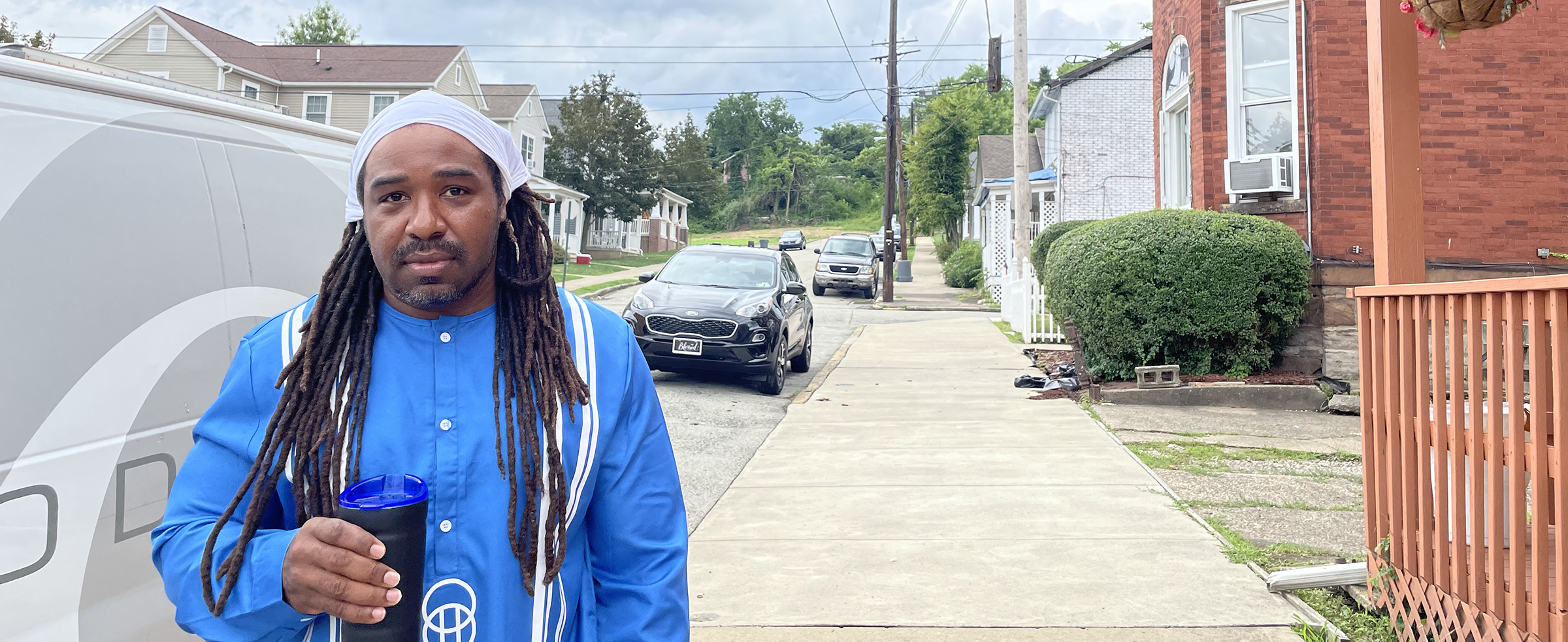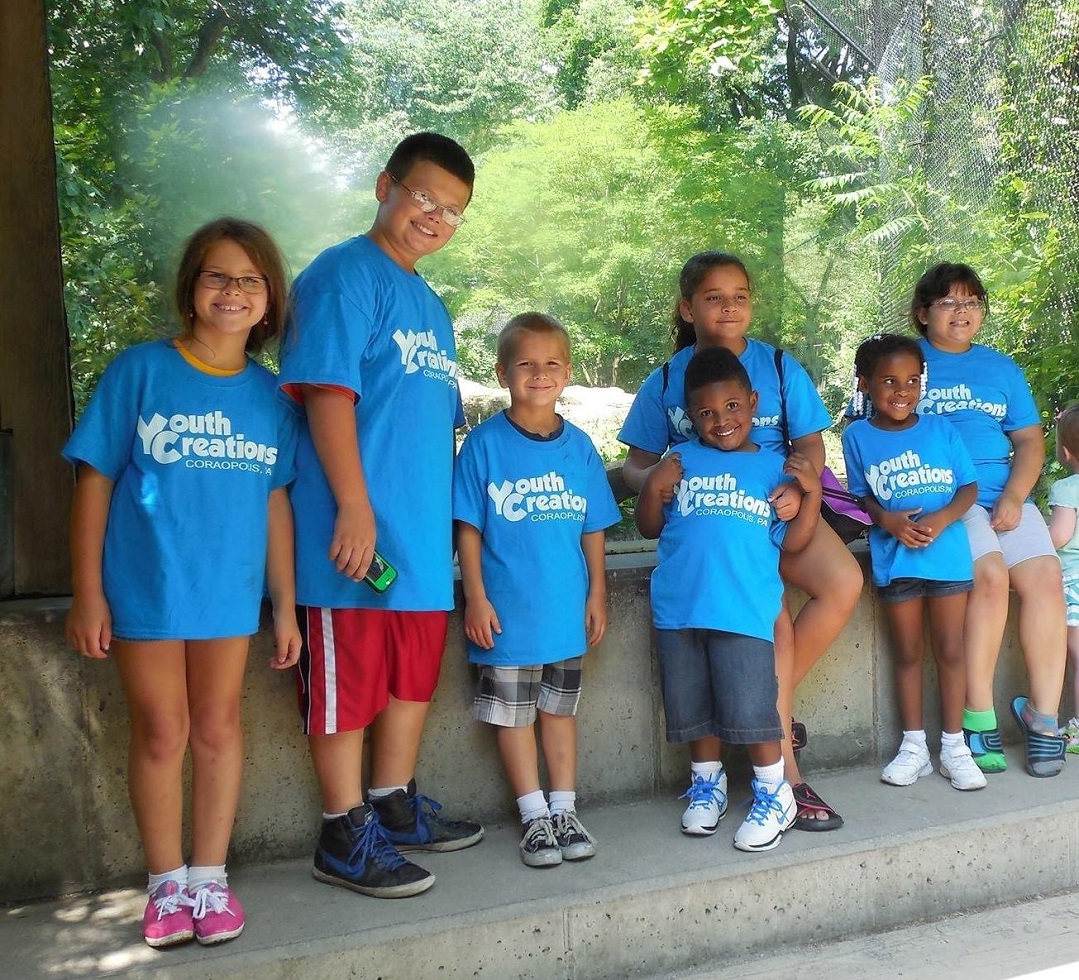First step to recoveryHow a McKeesport nonprofit is helping men recover from the disease of addiction

Keenon Mikell is the incoming executive director of First Step Recovery Homes in McKeesport.
Keenon Mikell is the incoming executive director of First Step Recovery Homes in McKeesport. The organization provides case management, counseling and housing for men for up to a year to help them regain their lives and recover from addiction. The organization is a Small and Mighty grantee and will benefit from the 2022 Critical Needs Alert on Aug. 9. Keenon spoke with the Foundation about how demand for treatment has increased dramatically during the COVID pandemic and how he and his colleagues are making a difference.
What is First Step Recovery homes and how do you help people?
Our mission is to allow homeless addicts to find sobriety and stability. We are a recovery home, which means we provides counseling and case management to adult men with addiction. We house them up to a year. We provide resources such as life skills, health and wellness and employability all based on the 12-step model of recovery. We also offer a family support program to help men leaving the program to reintegrate into households. I came in as an intern seven years ago and started doing case management. Now I’m the incoming executive director. We’ve been in existence for 30 years and have helped over 800 men.
We have a high rate of success, well above average, at 62%. Many have started their own businesses and continue to be sober. Typically, people go through rehab four or five times. By the time they get to a recovery home, they are used to bouncing from program to program. We provide a full year of recovery, not just the 28 days covered by insurance, and are able to get them the structure and resources they need remain sober. We don’t take insurance and the maximum we charge is $300 per month, and that’s the cap. If a person cannot find employment we still let them stay. Finding employment and increasing education is one of our benchmarks. We want the men to have a job and to leave with more than they came in with. We’re not in the habit of taking people from jail and sending them back or keeping homeless people homeless. We want you to improve and retain.
Tell us about the terminology “the disease of addiction.” What types of addiction do you see mostly commonly among the people you serve?
It varies and often depends on the time of year people come in. It’s usually a hybrid of opioid abuse and other substances such as cocaine and crack. Alcohol and marijuana are also involved but those can been minimized because they are both legal in most areas.
How has demand for addition service changed recently?
We are experiencing an increase. Some places house people with addiction but don’t treat or educate them, so when they leave they relapse and overdose. During the pandemic, we’ve seen large increases in overdoses. Those are also due to the rise of fentanyl. This increase in overdoses means there is a need to educate and establish a true sense of recovery.
What do you want people to know about the human beings you care for?
It’s important to remove the stigma and treat everyone with dignity integrity and self-worth. That stigma and shame often keeps people from seeking treatment, seeking jobs and getting past criminal records. We need to move past stigma and to the understanding that addiction is a disease. We all need empathy. Use may be a choice, but addiction is not. Understanding the disease concept is critical when someone is finding recovery.
How will #ONEDAY matter to you?
There are tremendous needs. I am the only case manager for all 25 people. I’m providing recovery, life skills and wellness. To be able to bring in one more full-time or part-time employee would help so much. Some of our clients come directly from homelessness and need hygiene and toiletries. So we need help providing those basic needs, and to fund travel to and from meetings appointments and court hearings. When there are mental health issues plus addiction plus no resources, we are rebuilding people’s lives from the ground up.




